The Importance of a Beverage Corrosivity Test (BCT): Ensuring Quality and Speed to Market
In the fast-paced world of beverage production, ensuring product quality while meeting market demands is paramount. The Beverage Corrosivity Test (BCT) plays a critical role in maintaining the integrity of canned beverages, helping manufacturers deliver products that meet safety and quality standards. Let’s explore why the BCT is essential and how its optimised process benefits brands and consumers alike.
What is the Beverage Corrosivity Test (BCT)?
The BCT is a specialised test designed to evaluate how a beverage interacts with the internal coating of its can. This assessment ensures that the product remains safe, retains its intended flavor, and prevents corrosion-related issues. For beverage producers, the BCT is a safeguard against quality compromises and potential product failures.
Why is the BCT Crucial?
Quality Assurance
The test identifies potential corrosive reactions between the beverage and the can’s internal coating. This prevents issues such as leaks, contamination, or altered flavor profiles, ensuring that consumers receive a safe and high-quality product.Product Traceability
By requiring comprehensive details through the BevForm—such as formulation codes and ingredient information—the BCT ensures complete traceability. This information supports consistent quality control across production runs.Speed to Market
Historically, the BCT process could delay product launches due to its lead time. However, advancements like risk assessment and detailed BevForm data have reduced this time, enabling brands to bring their products to market faster without compromising safety or quality.
Key Components of the BCT Process
1. The BevForm
The BevForm is a critical document that gathers all relevant information about a new beverage. This includes details such as:
Beverage category and formulation code
Carbonation, pasteurisation, and heat treatment specifics
Acidity (pH levels), individual acids, and special compounds
Additives and a complete ingredient catalogue
These details enable a precise risk assessment, determining whether testing is required or if a product warranty can be issued without it.
2. The Testing Procedure
When testing is deemed necessary, the process involves:
Submitting 1, 5, or 10 litres of the finished product to the laboratory.
The lab conducting a corrosivity test and issuing a certificate for the beverage.
Results being shared with the client, ensuring transparency and readiness for production.
Note: Pure beers are generally exempt from testing, but beer mixes or strong beers may require consultation.
Benefits of the BCT
Enhanced Efficiency: The streamlined BCT process, powered by detailed BevForm data, accelerates lead times, helping brands adapt to market demands.
Risk Mitigation: By identifying potential corrosivity issues early, brands avoid costly recalls or reputational damage.
Confidentiality: All BevForm data remains secure, ensuring trust and collaboration between producers and testing facilities.
Conclusion
The Beverage Corrosivity Test is more than a procedural step—it’s a cornerstone of quality and market readiness in the beverage industry. By optimising the BCT process and leveraging detailed information from the BevForm, producers can achieve the perfect balance of quality assurance and speed to market. For any beverage innovator, the BCT is not just important—it’s indispensable.
If you’re planning to launch a new product and want to ensure its success, prioritising the BCT can make all the difference.
